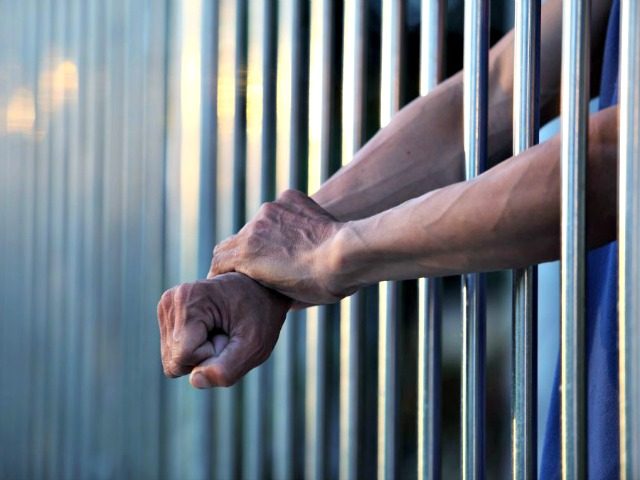The United States Supreme Court on Thursday said it would not overturn a federal appeals court’s decision that blocks some Florida felons from voting.
The decision impacts as many as 1.4 million people in the battleground state, the Washington Post reported:
The decision lets stand a temporary halt by the U.S. Court of Appeals for the 11th Circuit of a judge’s order that had cleared the way for hundreds of thousands of felons in the state to register to vote.
In early July, the Campaign Legal Center in Washington petitioned the high court to lift the stay, arguing that the appeals court decision had “thrown the election rules into chaos.”
Three liberal justices noted their dissent, with Justice Sonia Sotomayor writing that the court’s decision “prevents thousands of otherwise eligible voters from participating in Florida’s primary election simply because they are poor.”
The Post reported that Paul Smith, an attorney with the Campaign Legal Center, said he was “deeply disappointed.”
A spokesperson for Republican Florida Gov. Ron DeSantis, said earlier this month that because the case was still being litigated he would not comment.
Convicted felons gaining the right to vote has been a hot debate since the state passed Amendment 4 in 2018, which would allow all felons except those convicted of murder or felony sexual assault to vote.
The Post reported that some 85,000 felons have registered to vote since the amendment became law in January 2019.
Another twist in the felons right to vote debate is that DeSantis signed a law last year that required felons to pay any fines, fees, or restitution before they could cast a ballot.
“’That created ‘an administrative nightmare,’ U.S. District Judge Robert Hinkle said when he ruled against the state in May, finding that the law [requiring felons to pay fines and fees] amounted to an unconstitutional voting tax,” the Post reported.
Justice Sonia Sotomayor argued in her dissent that the Supreme Court’s decision “allows the Court of Appeals for the Eleventh Circuit to disrupt Florida’s election process just days before the July 20 voter-registration deadline for the August primary.”
“This Court’s inaction continues a trend of condoning disfranchisement,” Sotomayor said. “Ironically, this court has wielded Purcell [the 2006 case Purcell v. Gonzalez] as a reason to forbid courts to make voting safer during a pandemic, overriding two federal courts because any safety related changes supposedly came too close to election day.”
The Post interviewed a convicted felon for its report. Desmond Meade spent three years in prison on drug charges and now heads up the Florida Rights Restoration Coalition.
“My heart went out to the countless number of returned citizens who were looking forward to participating in an election maybe for the first time, or the first time in a long time,” said Meade, who has paid his fines, fees, and restitution and will get to vote in August for the first time in 30 years.
“It’s unclear whether the issue will be resolved in time for the November presidential election or whether the final ruling will be appealed to the U.S. Supreme Court,” the Post reported. “The appeals court has scheduled a hearing on the issue for Aug. 18 – the same day as Florida’s primary election.”
Follow Penny Starr on Twitter

COMMENTS
Please let us know if you're having issues with commenting.